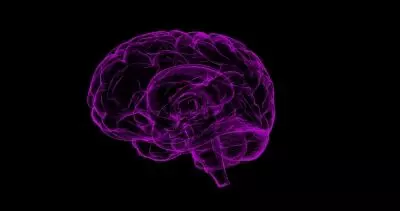
New study disproves idea of Human brain shrinking 3,000 years ago
text_fieldsNew York: According to earlier speculation, the 12th century BCE did not correspond with an evolutionary decrease in brain size, as was previously thought. At that time, humans were building great empires and creating new types of written text.
A group of scientists made headlines last year when they came to the conclusion that the human brain shrank around 3,000 years ago during the transition to modern urban societies because our ancestors' ability to store information externally in social groups reduced the need for us to maintain large brains.
Based on a comparison to evolutionary trends observed in ant colonies, their concept investigated decades-old theories on the evolutionary decline of present human brain size.
Not so fast, said the team from the University of Nevada-Los Angeles.
"We were struck by the implications of a substantial reduction in modern human brain size roughly 3,000 years ago, during an era of many important innovations and historical events, the appearance of Egypt's the New Kingdom, the development of Chinese script, the Trojan War, and the emergence of the Olmec civilization, among many others," said anthropologist Brian Villmoare from the varsity.
In a new paper published in Frontiers in Ecology and Evolution, they re-examined the previous dataset and found that human brain size has not changed in 30,000 years, and probably not in 300,000 years.
"In fact, based on this dataset, we can identify no reduction in brain size in modern humans over any time period since the origins of our species," Villmoare said.
The team questioned several of the previous hypotheses gleaned from a dataset of nearly 1,000 early human fossils and museum specimens.
They noted the rise of agriculture and complex societies occurred at different times around the globe - meaning there should be variation in the timing of skull changes seen in different populations.
However, the previous dataset sampled only 23 crania from the timeframe critical to the brain shrinkage hypothesis and lumped together specimens from locations including England, China, Mali, and Algeria.
More than half of the 987 skulls evaluated in the prior collection only reflect the most recent 100 years of a 9.8-million-year period of time, which makes it difficult for researchers to determine how much cranial size has changed over time, according to Villmoare.
Source-IANS























